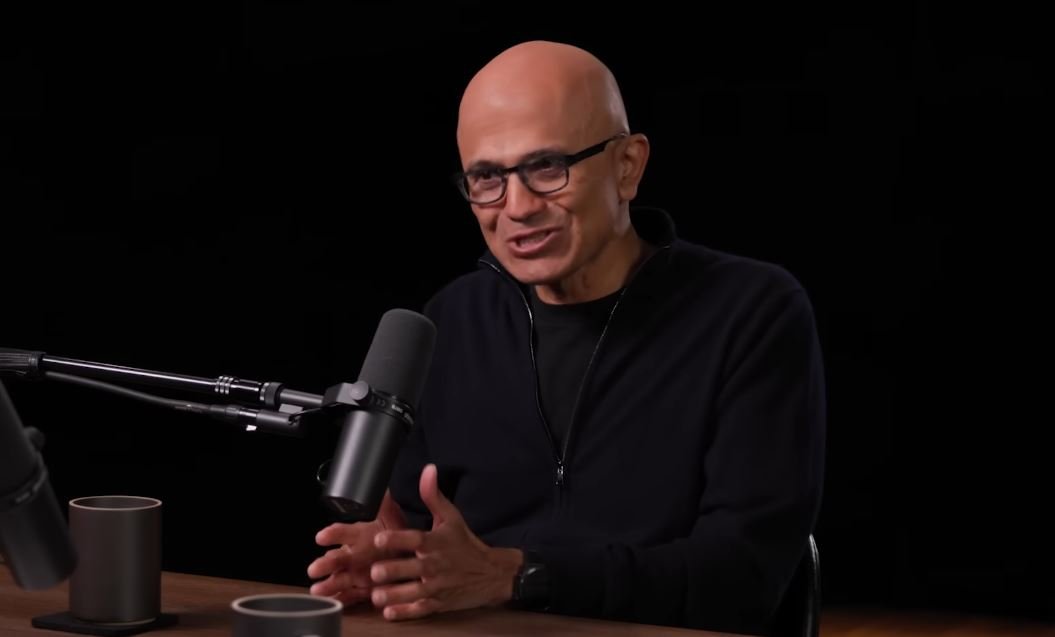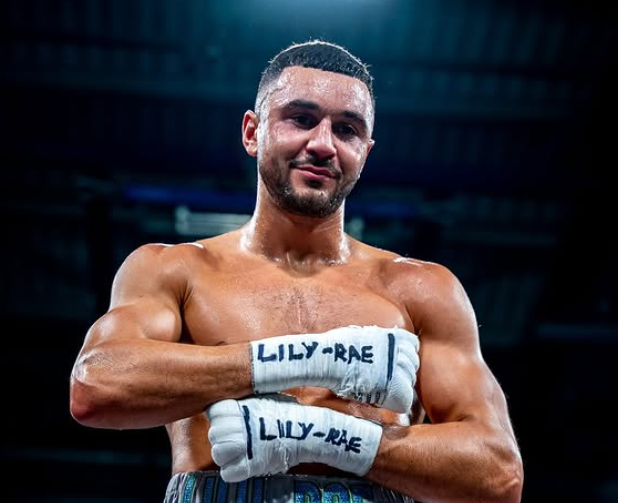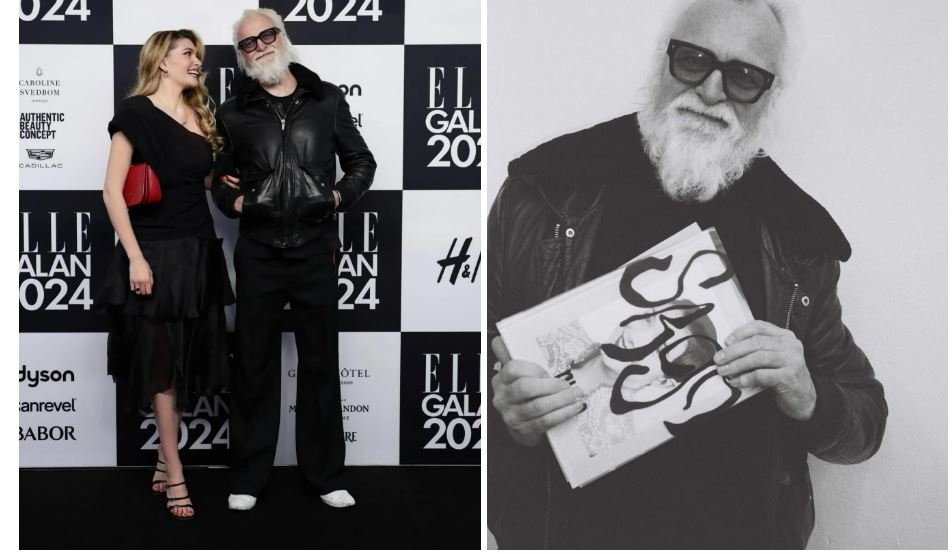Stanley Ho’s fortune, which was once valued at almost $15 billion, was a story of power, controversy, and change rather than just a testament to his financial prowess. Ho, who is renowned throughout Asia for modernizing Macau’s gaming industry, deliberately created a monopoly from the ground up, eventually impacting an entire economy. Even though casino tycoons like Sheldon Adelson and Steve Wynn engaged in intense competition in Asia’s developing markets, Ho’s edge was firmly ingrained in Macau’s postcolonial transition on a structural, political, and emotional level.
At the age of 98, Ho passed away in 2020, and his assets had been largely divided among his relatives. This action led to some of Asia’s most well-known financial handovers and came after years of internal conflicts and corporate rebalancing. His daughter Pansy Ho, who is well-known for owning stock in MGM Macau, is currently worth $5.3 billion. $4.1 billion was given to his fourth wife, Angela Leong, who was a manager at SJM Holdings. His son, Lawrence Ho, who was the driving force behind the City of Dreams casino’s innovation, came out on top with an estimated $2.6 billion.
Stanley Ho – Life, Wealth, and Legacy Overview
| Attribute | Detail |
|---|---|
| Full Name | Stanley Ho Hung-sun |
| Date of Birth | November 25, 1921 |
| Date of Death | May 26, 2020 |
| Nationality | Chinese (also held Portuguese nationality) |
| Education | Queen’s College, Hong Kong; University of Hong Kong (did not complete) |
| Known For | Founder of SJM Holdings; Casino Empire in Macau |
| Estimated Net Worth | $14.9 billion (at peak, per Bloomberg) |
| Key Family Heirs | Pansy Ho ($5.3B), Angela Leong ($4.1B), Lawrence Ho ($2.6B) |
| Marriages | Four women; fathered 17 children |
| Major Companies Founded | SJM Holdings, Shun Tak Holdings, STDM |
Stanley Ho’s story is especially interesting because of the circumstances surrounding his earnings as well as the size of his earnings. He established early capital by trading necessities and luxury goods across the Chinese border during World War II after escaping Japanese-occupied Hong Kong. Ho used this early wealth to co-found STDM in 1961, defeating long-standing rivals with a daring bid that included modernization, infrastructure, and tourism. Despite being risky, this aggressive approach was remarkably successful in obtaining Macau’s only gambling license, which he kept for decades.
He further solidified his power in the 1970s by establishing Casino Lisboa, a symbol of luxury that soon came to represent Macau as a whole. Ho established a financial and physical link between Macau and Hong Kong through TurboJET ferries and Shun Tak Holdings, resulting in a tourist flow that changed both cities. His foresight in assigning independent agents to manage the gambling areas in his casinos was especially inventive; this strategy eventually developed into the now-commonplace junket trade system.
Ho did not clearly distinguish between his personal and professional lives, in contrast to many other business leaders. Due to his renowned polygamy—he fathered 17 children with four women—his private life was inextricably linked to the future of his empire. Legal issues eventually resulted from this unusual family structure, particularly after his health deteriorated after a severe injury and surgery in 2009. Even though the ownership and share dispute was settled before his passing, it highlighted how internal unrest is frequently a part of dynastic wealth in Asia.
The focus has recently moved from Stanley to his kids, especially his youngest son Mario Ho, who has chosen a very different career path. Instead of staying tied to the casino industry, Mario started NIP Group, which went public in 2024, and dabbled in esport and digital media. His personal stake was worth $69 million, and his Nasdaq listing brought in $20 million. A generational shift is evident in the decision of a gambling kingpin’s descendant to enter influencer economies and gaming culture. Mario’s story demonstrates a pattern that is remarkably similar to that of other legacy heirs in the area: choosing to disrupt rather than replicate.
Ho’s empire wasn’t without its detractors. Numerous government reports raised regulatory concerns and connected him to organized crime groups. Even though these claims were never validated in a court of law, they strained his ties with casino partners in the United States, particularly MGM Mirage. In spite of this, his impact on Macau’s growth was essentially unopposed. Despite the entry of foreign operators into the gaming industry, he continued to control the majority of gaming revenue by the 2000s.
Ho laid the groundwork for Macau’s rise to prominence as Asia’s most lucrative gambling destination over the last 20 years. His influence on employment, urban development, and even cultural tourism is especially helpful when examining the GDP growth of the area. At one point, Ho’s companies directly or indirectly employed almost 25% of Macau’s working population, a figure that illustrates both systemic dependence and economic scale.
Stanley Ho’s story serves as a reminder to the general public of how individual ambition, combined with political connections and astute timing, can have remarkably obvious financial and societal effects. The emergence of Macau as a major tourist destination, propelled by luxury and entertainment, had an impact on public services, infrastructure planning, and housing markets. It also fostered a gambling culture, though, with societal repercussions that are still being assessed today.









